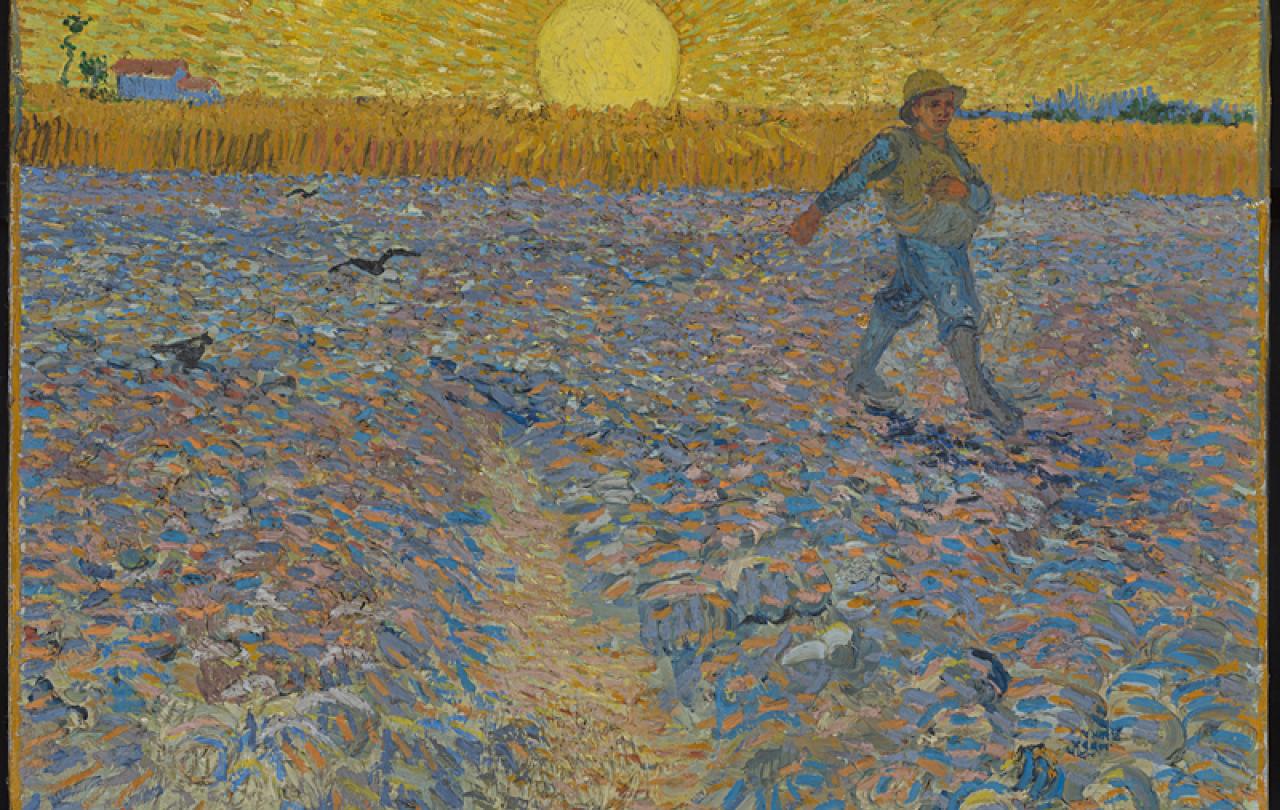
Duncan Ferguson was sent off as a Premier League player for Everton eight times. On his own admission he drank too much alcohol, misspent his earnings to the extent that he had to declare himself bankrupt, and deeply regretted holding a grudge against the Scottish Football Association that meant he only played seven times for Scotland. By following his father’s advice to “throw the first punch” he ended up in Barlinnie prison.
Confessing those mistakes in his new autobiography, Big Dunc, makes for a compelling read. It’s not surprising that the book has topped the Sunday Times best seller list for weeks and sits front and centre at Waterstones in Liverpool. Ferguson – who played for Dundee United, Glasgow Rangers, Everton, Newcastle and Scotland - is brave with his admissions. Not many autobiographies would be so honest. And confession has been good for sales.
But then, honest confession has always made a good story. A glance through the Gospels and Paul’s letters shows the apostles Peter and Paul being very willing to confess their faults. Peter is told “Get behind me, Satan” by Jesus. He impulsively cuts off a servant’s ear. He denies knowing Jesus to an inquiring bystander. Immature, daft, and actions he later regrets, yes. The apostle Paul calls himself the “chief of sinners.” He confesses to persecuting zealously the Church before his conversion. Autobiographies that confess to mistakes, weaknesses and shortcomings are far more helpful – and relatable - than those that seek to airbrush any such blunders out of the picture. It helps, of course, if you also scored 106 goals in 360 appearances.
Just as appealing is the fact that the book is also about change and reconciliation. These days, Ferguson is off the alcohol. “I wanted to be a better person, a better father,” he writes. He has coached young players back at Everton and seeks to help them avoid the mistakes he made. His father’s advice to be loyal was good advice that he followed. He has taken on two very difficult manager’s jobs. He has apologised to people he had fallen out with; relationships have been healed and a fresh start offered.
Big Dunc is also a love story - in fact two love stories. The first is with Everton and the Everton supporters. Even in his wildest, most regretted moments, Ferguson connected with his fans. When he was in Barlinnie prison for 44 days he received around 10,000 letters from Evertonians and he tried to reply to them all. If he was ever in a Liverpool pub or club he would enjoy the company of fans. Whether he was visiting Alder Hey Children’s hospital, a youth club, or a supporter he’d heard was in need, he was always up for a photo or an autograph. His treatment by the authorities, whether the law in sending him to prison, or the Scottish FA in banning him for more matches, struck a chord with Evertonians who also knew about injustices in life. And he was a centre forward, a number 9, and supporters love a centre forward who leads the line, scores goals and wears his heart on his sleeve, even if he does maddeningly get sent off and too often carried an injury not always unrelated to lifestyle.
The second love story is between Ferguson and his wife Janine and their three children. “They saved me”, he writes. The book ends with “Take care, God bless, Dunk” and then this acknowledgement: “Thank you to my wife, kids and family for putting up with me and for supporting me through the good times and the bad times. I love you all.”
So there is a positive ending. Honest confession, change, reconciliation, love and a good ending. It deserves to be a bestseller.
Support Seen & Unseen
Since Spring 2023, our readers have enjoyed over 1,500 articles. All for free.
This is made possible through the generosity of our amazing community of supporters.
If you enjoy Seen & Unseen, would you consider making a gift towards our work?
Do so by joining Behind The Seen. Alongside other benefits, you’ll receive an extra fortnightly email from me sharing my reading and reflections on the ideas that are shaping our times.
Graham Tomlin
Editor-in-Chief





